The policy of free hospitalisation for all people is expected to start implementing periodic health check-ups for all people from 2026. (Illustration photo)
According to the Director of the Department of Health Insurance ( Ministry of Health ) Tran Thi Trang, the policy of exempting hospital fees for all people is being developed with the goal of reducing the burden of medical examination and treatment costs, prioritizing vulnerable groups and children, towards a fair, effective, sustainable healthcare system, leaving no one behind.
Hospital fee exemption policy based on health insurance
The policy of free hospital fees for all people in the period of 2030-2035 is receiving much attention from the people. Sharing the people's understanding that "free hospital fees for all people means that going to the hospital will not cost money", Ms. Tran Thi Trang affirmed: Free hospital fees for all people is a very humane policy, demonstrating the superiority of our regime. Recently, implementing the direction of the General Secretary and the Prime Minister, the Ministry of Health is urgently researching and developing plans and roadmaps for implementation. This policy must still be based on the pillar of health insurance, and at the same time be implemented with a roadmap.
Head of the Department of Health Insurance (Ministry of Health) Tran Thi Trang affirmed: Free hospital fees for all people is a very humane policy, demonstrating the superiority of our regime.
The State and health insurance fund will cover basic and essential medical expenses, minimizing the financial burden on people, especially children, poor and near-poor households, vulnerable people, and social policy beneficiaries. For medical services that are required and exceed the basic level, patients still have to pay a portion.
The policy of free hospital fees must still be closely linked to universal health insurance coverage, everyone participating in health insurance to share risks, the well-off taking care of the poor, the healthy helping the weak, along with support from the State budget.
Regarding the exemption of hospital fees for all people, a huge financial resource will be needed, so where will the funding come from to implement this policy? Ms. Trang emphasized that the cost of this policy is not small and gave an example: Just the free periodic health check-up at least once a year for all people, with an average cost of about 300,000 VND/time, will require an additional 25,000 billion VND per year for about 84 million people - who are not yet entitled to the policy according to the provisions of the labor law (about 16 million workers are currently paid by their employers).
In addition, screening programs, early detection of some common diseases, and basic health service packages implemented by health stations also need additional funding. Therefore, it will be necessary to take into account the capacity of the health insurance fund and the State budget to determine which diseases need screening, which health services are included for free according to the roadmap and priority subjects, ensuring balance and feasibility.
At the same time, increase the level of health insurance contribution support according to the roadmap for students, the elderly, the disabled, people from near-poor households and social policy beneficiaries to increase health insurance coverage; gradually increase the payment rate, expand the scope of health insurance benefits according to priority subjects in accordance with the roadmap for increasing contribution levels to reduce the financial burden on patients.
To balance, the State will combine many resources, from the State budget, health insurance fund and mobilize socialized resources. In addition, it is necessary to consider allocating revenue from special consumption tax on products harmful to health such as cigarettes, alcohol, beer, soft drinks, which both have the effect of disease prevention and create resources for free hospital fees.
To implement the policy of free hospital fees, in addition to supplementing the State budget, it is necessary to gradually increase the health insurance premium according to the roadmap.
Currently, the new health insurance card value is 4.5% of the basic salary, while the law allows a maximum of 6%. Increasing the health insurance fund contribution level will provide enough resources to expand the scope of benefits and increase the payment rate.
However, for social policy beneficiaries and vulnerable groups, the State will fully or largely support this contribution.
The policy of free hospitalisation for all people must still be closely linked to universal health insurance coverage, with everyone participating in health insurance to share risks.
Gradually reduce out-of-pocket costs for people, increase health insurance coverage
Discussing more specifically about reducing co-payments and increasing health insurance payment rates in the roadmap for universal hospital fee exemption, Ms. Trang affirmed that all policies are carried out according to the roadmap to ensure effectiveness.
According to the roadmap, people will receive free periodic health check-ups once a year at the commune health station with basic test results, heart-lung X-ray, abdominal ultrasound... This can be implemented from 2026. Early screening and disease management will be provided throughout the life cycle, from the time in the womb to old age.
Along with that, people will have their health records established, monitored and screened for certain diseases based on risk factors. In addition, there is a basic preventive health care package to prevent diseases, reduce morbidity and mortality, and save on late-stage treatment costs.
The goal is to strive for 2035, people will have 100% of their health insurance benefits covered by the health insurance fund at the initial medical examination and treatment level, and the facility registering for initial medical examination and treatment under health insurance will be at the basic medical examination and treatment level. 100% of primary health care facilities will have the capacity to effectively provide primary health care.
Ms. Trang said that currently, in Vietnam, the rate of direct out-of-pocket expenditure by households for medical examination and treatment is still high, accounting for about 40% of medical expenses (on average, this rate in Thailand is 12%, some other countries in the region account for about 15-17%...). Therefore, the goal by 2035 is to reduce the rate of out-of-pocket expenditure by Vietnamese people to at least the average level of Thailand or other countries in the region.
To achieve the above, according to Ms. Trang, it is necessary to comprehensively upgrade primary health care, from functions and tasks, organizational model, human resources to equipment, especially in remote areas, there must be enough doctors to examine and treat outpatients, prescribe tests, paraclinical tests, monitor and manage chronic diseases.
The free hospital policy does not mean that people can go wherever they want for examination and treatment and have 100% of their expenses covered, but must still comply with the process of transferring to medical facilities for examination and treatment, and classifying patients according to their level of expertise.
Head of Health Insurance Department (Ministry of Health) Tran Thi Trang
In addition, it is necessary to develop a network of family doctors, strengthen training, improve the quality of medical examination and treatment at the grassroots level, and ensure that people have convenient, quality, and equal access to medical services. Every year, it is necessary to increase the number of doctors working for a limited period at commune health stations. The State budget needs to have a policy of monthly support with outstanding income to attract and "retain" human resources and doctors working at commune health stations, preventive medical facilities, and a number of priority areas and subjects.
The free hospital policy does not mean that people can go wherever they want for examination and treatment and have 100% of their expenses covered, but must still comply with the process of transferring to medical facilities for examination and treatment, and classifying patients according to their level of expertise.
If patients do not go to the right specialist or receive more than necessary medical examinations, they still have to pay part or all of the costs, even if they have health insurance. This is to ensure the effective use of health insurance funds, reduce overload at higher levels and increase capacity at the grassroots level.
To do that, the grassroots health care system, commune health stations, and inter-commune regional hospitals must be strong enough and capable enough to "promote the natural fragrance of the flower", and people must trust that the professional quality will not "surpass the level".
Sharing a specific roadmap to achieve the goal of free hospitalisation for all people, Ms Trang said that this is a major policy and will be implemented according to the roadmap until 2030-2035, according to priority subjects and in accordance with the State budget's balancing capacity and health insurance contribution levels. In the immediate future, from 2026, periodic health check-ups for all people can be implemented. The next steps are to gradually reduce the co-payment rate, increase the health insurance fund's payment, expand the basic health service package and early disease screening.
The ultimate goal is to ensure that everyone has access to essential, basic health services without financial worry.
“We do not aim for 'absolutely free' but aim to minimize people's out-of-pocket costs, increase health insurance coverage, reduce deaths due to late detection of diseases, and build a fair, equitable, effective, and sustainable health system where no one is left behind,” Ms. Trang affirmed.
DO THOA
Source : https://nhandan.vn/free-toan-dan-directs-to-giam-toi-da-chi-phi-cho-nguoi-dan-va-tang-do-bao-phu-bao-hiem-y-te-post891013.html


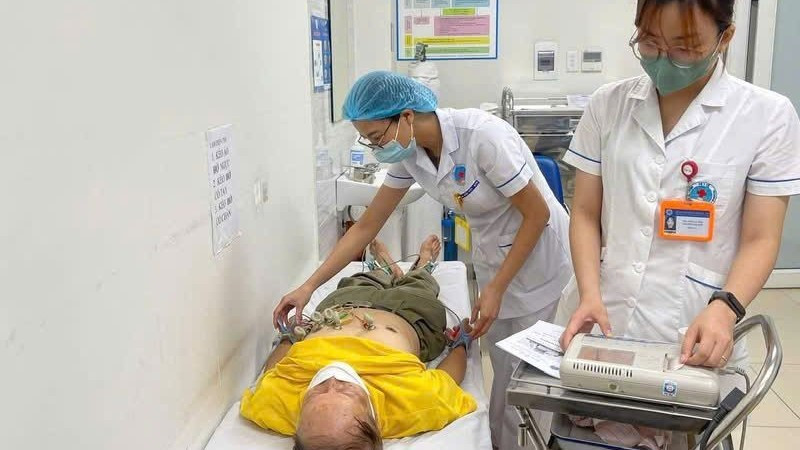
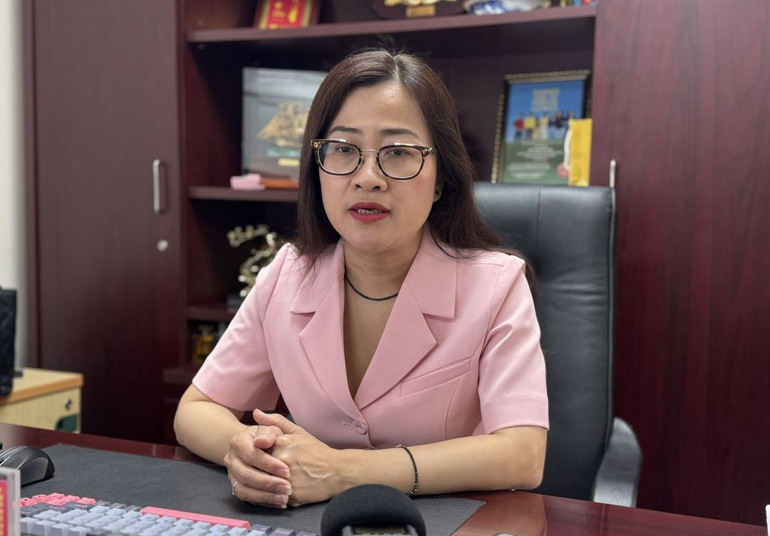
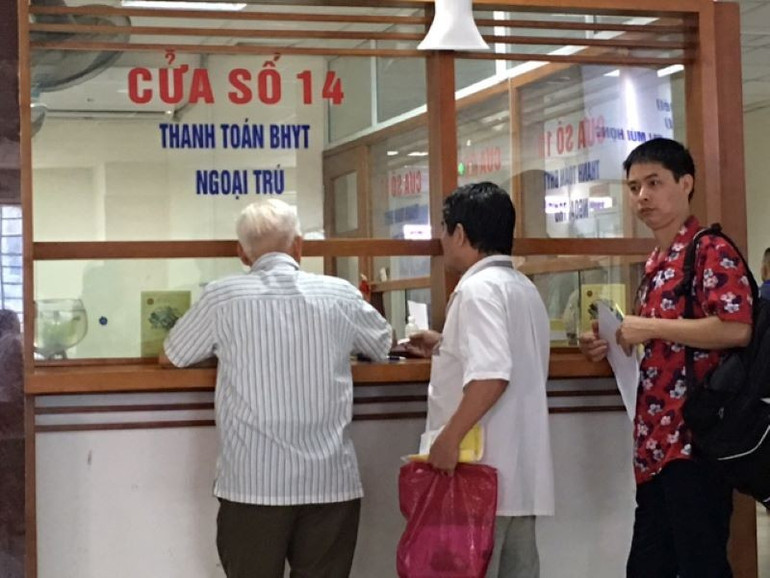
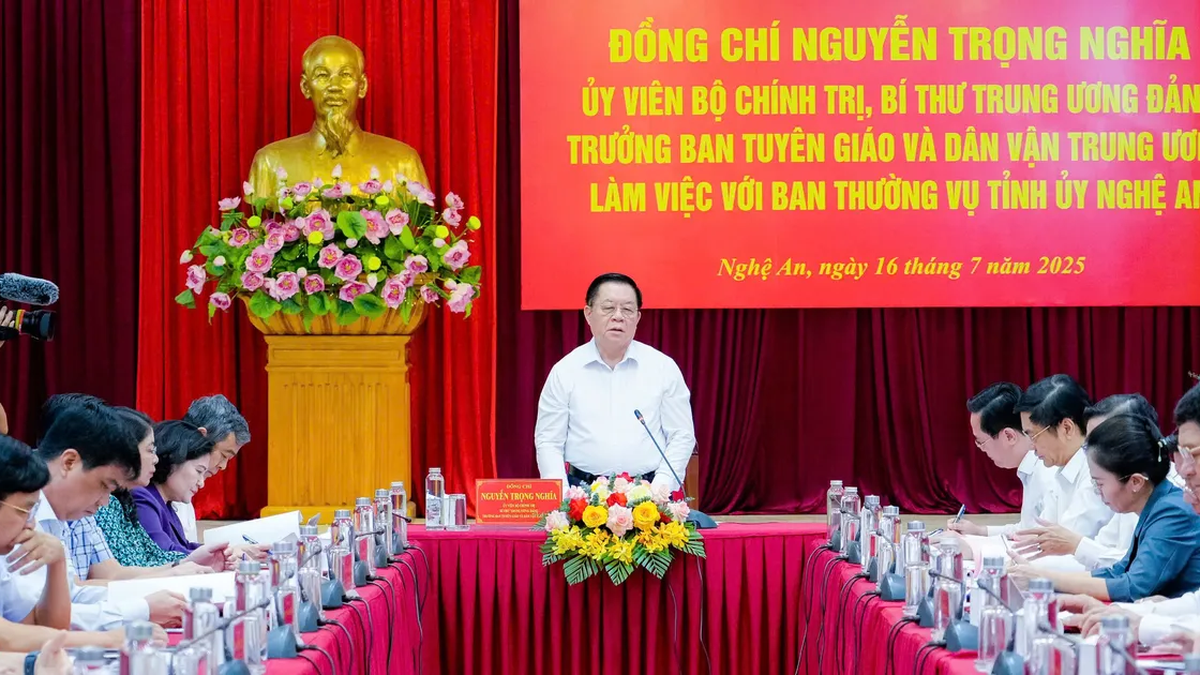

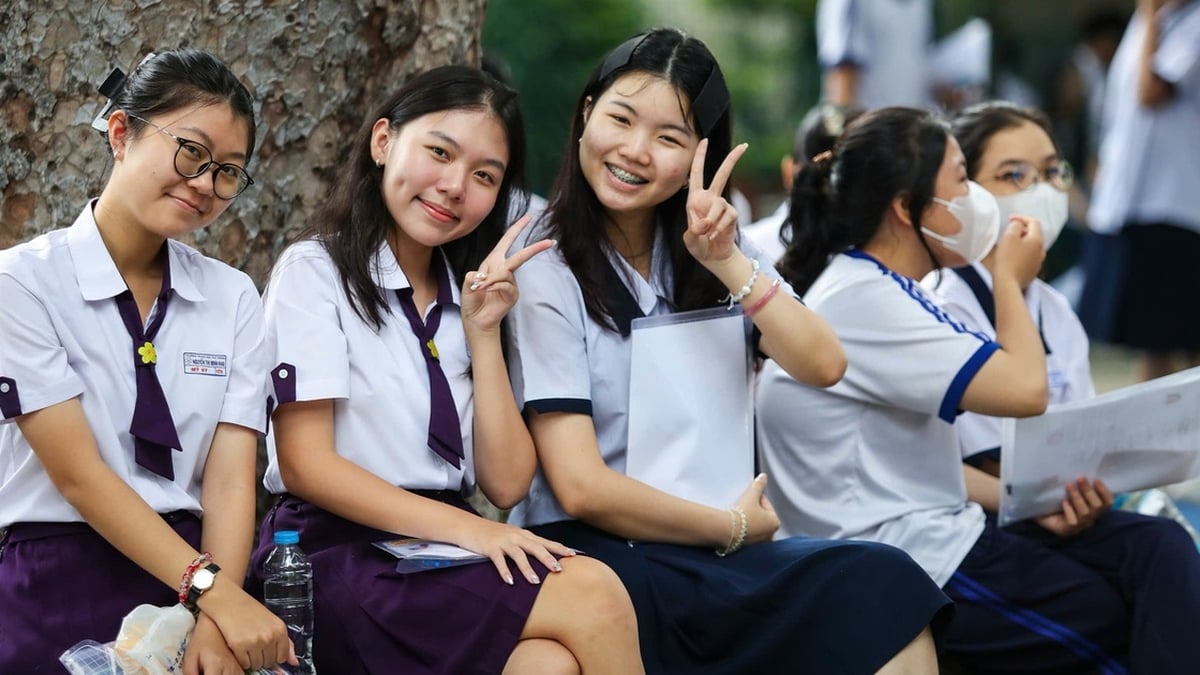
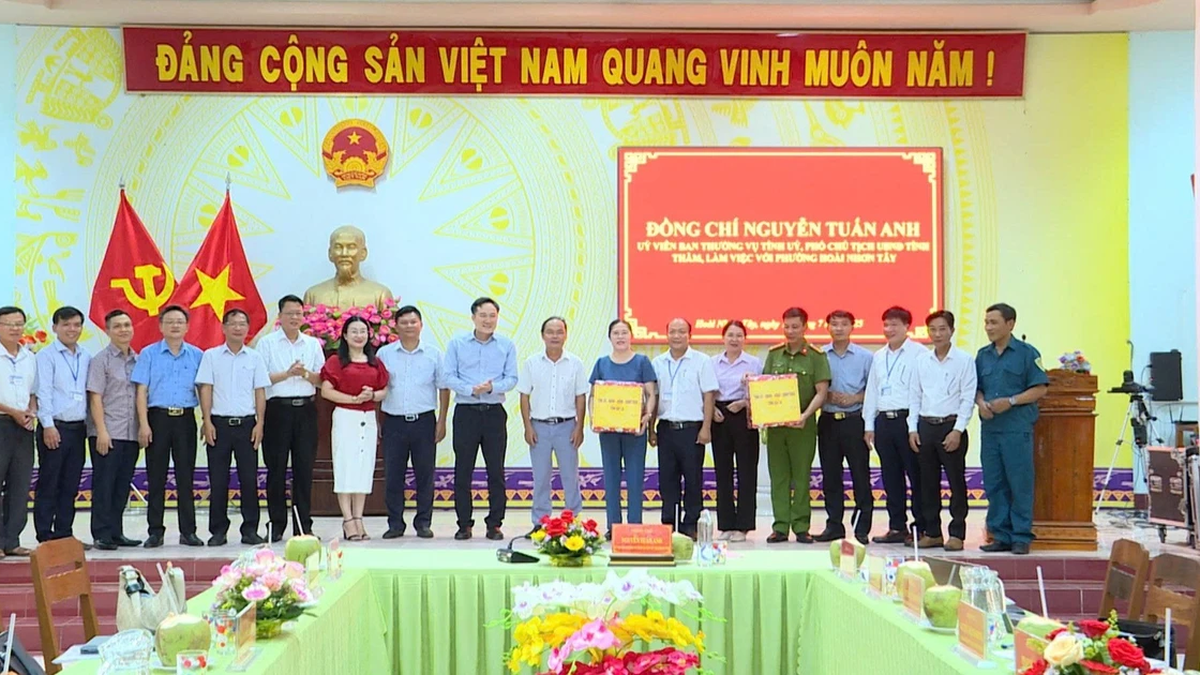
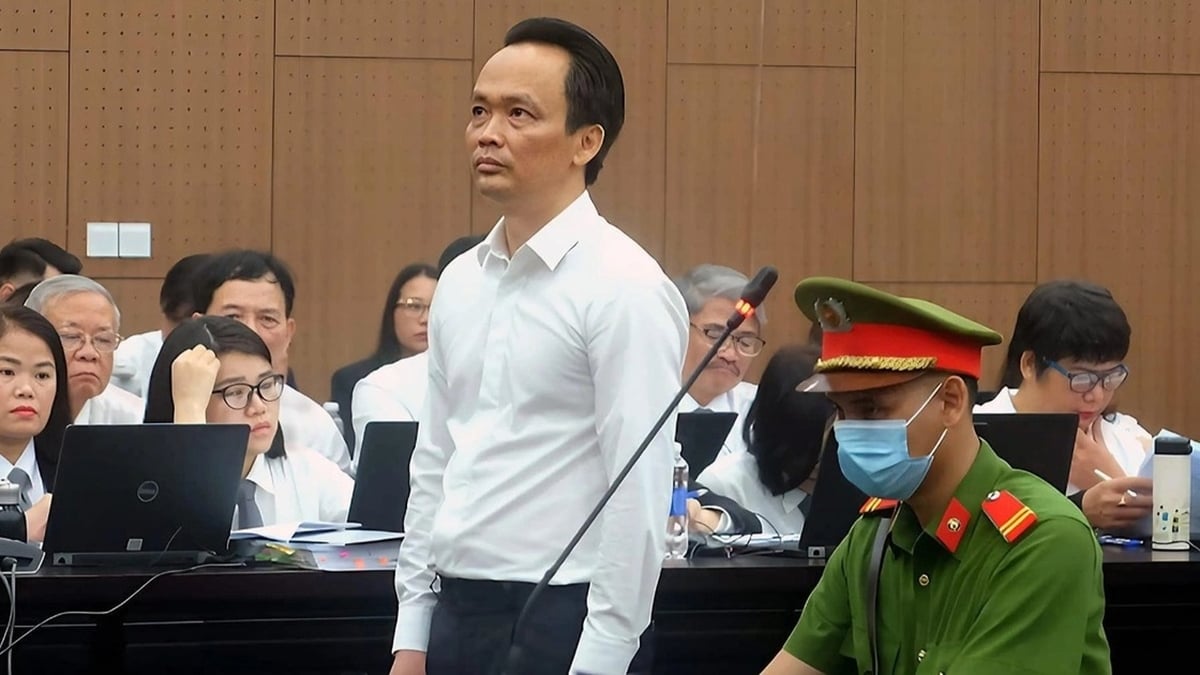
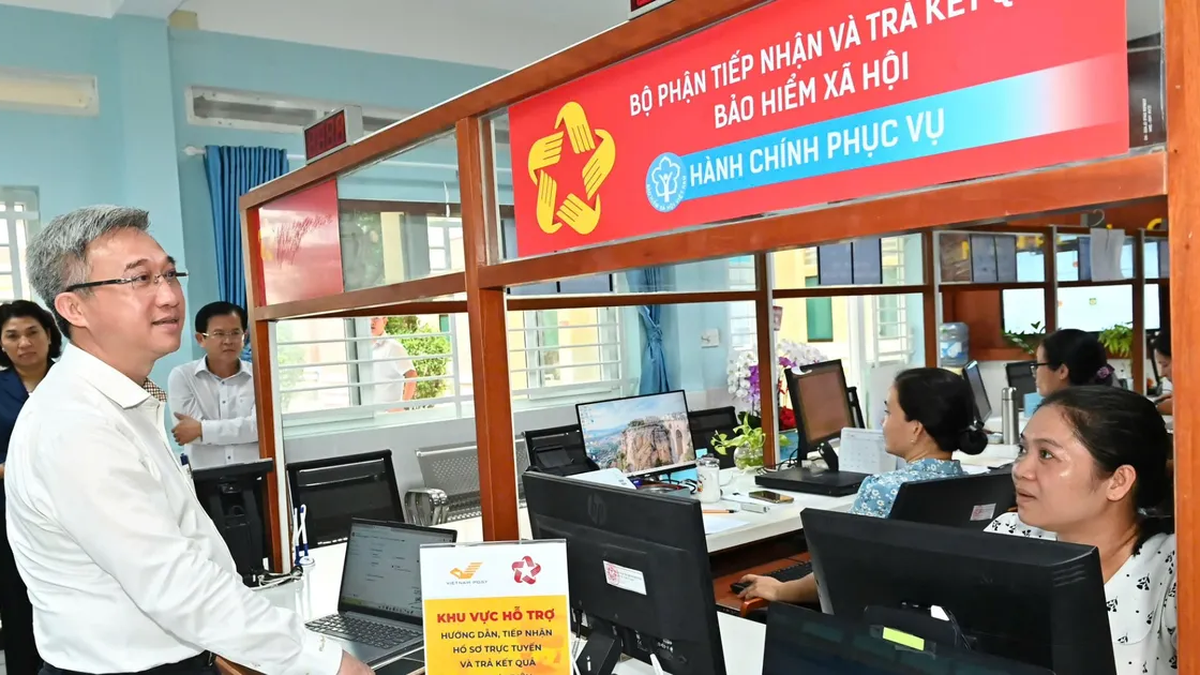

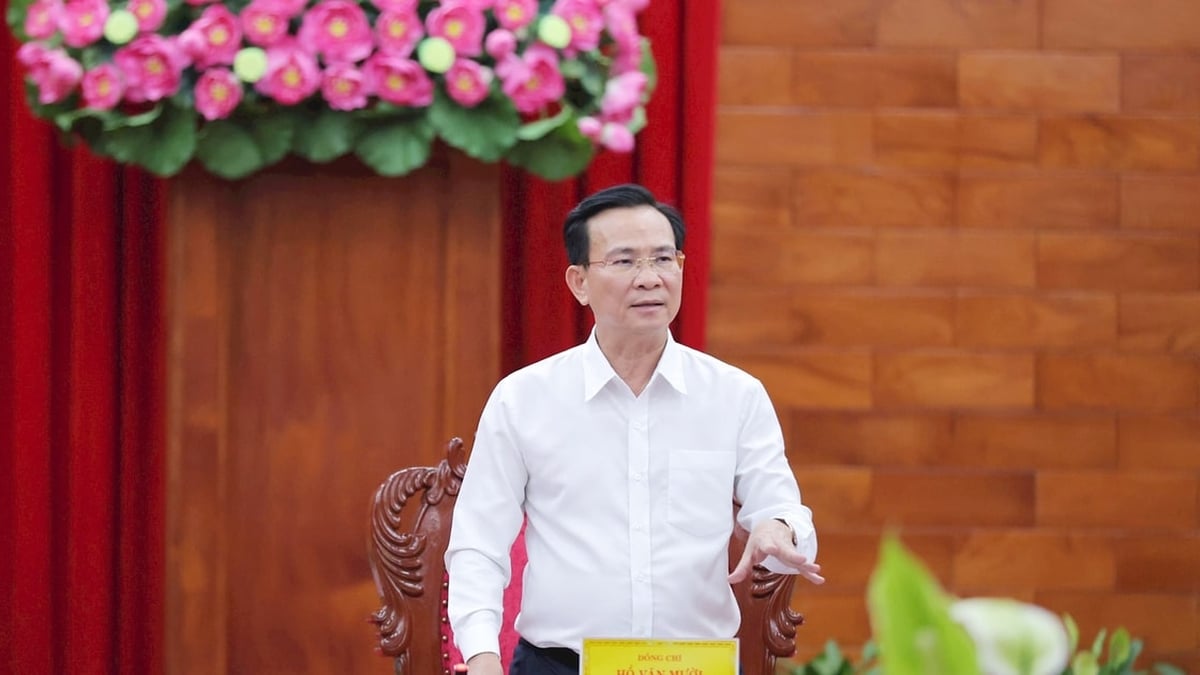

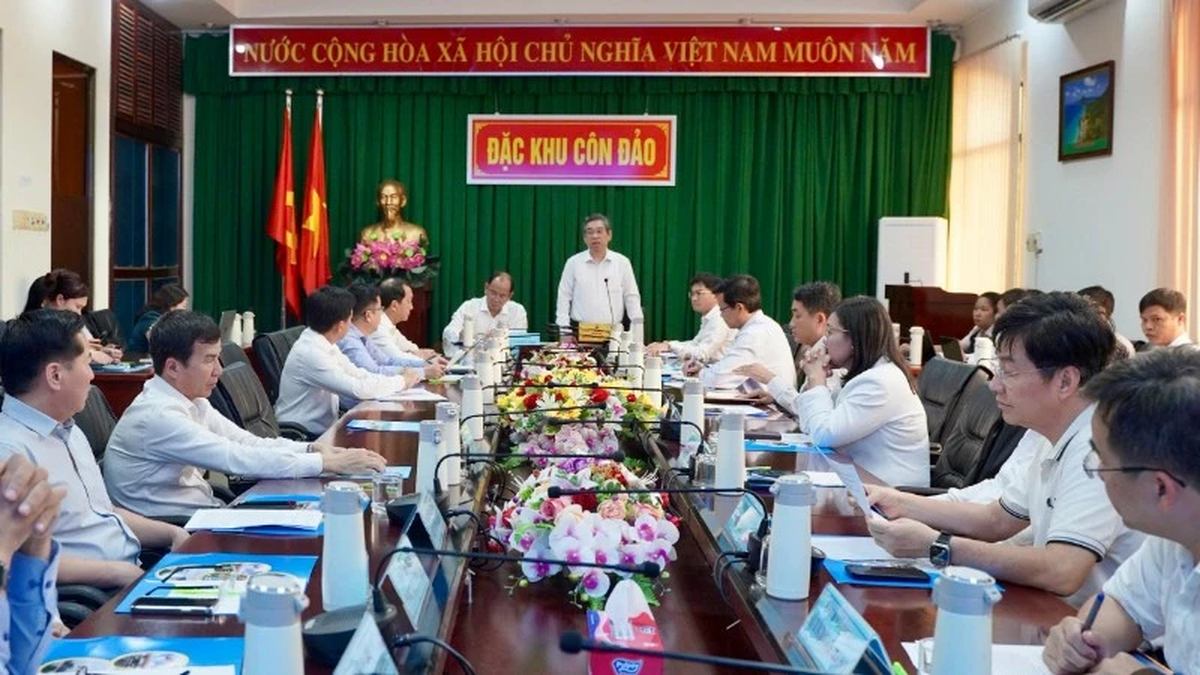








































![[Maritime News] More than 80% of global container shipping capacity is in the hands of MSC and major shipping alliances](https://vphoto.vietnam.vn/thumb/402x226/vietnam/resource/IMAGE/2025/7/16/6b4d586c984b4cbf8c5680352b9eaeb0)













































Comment (0)